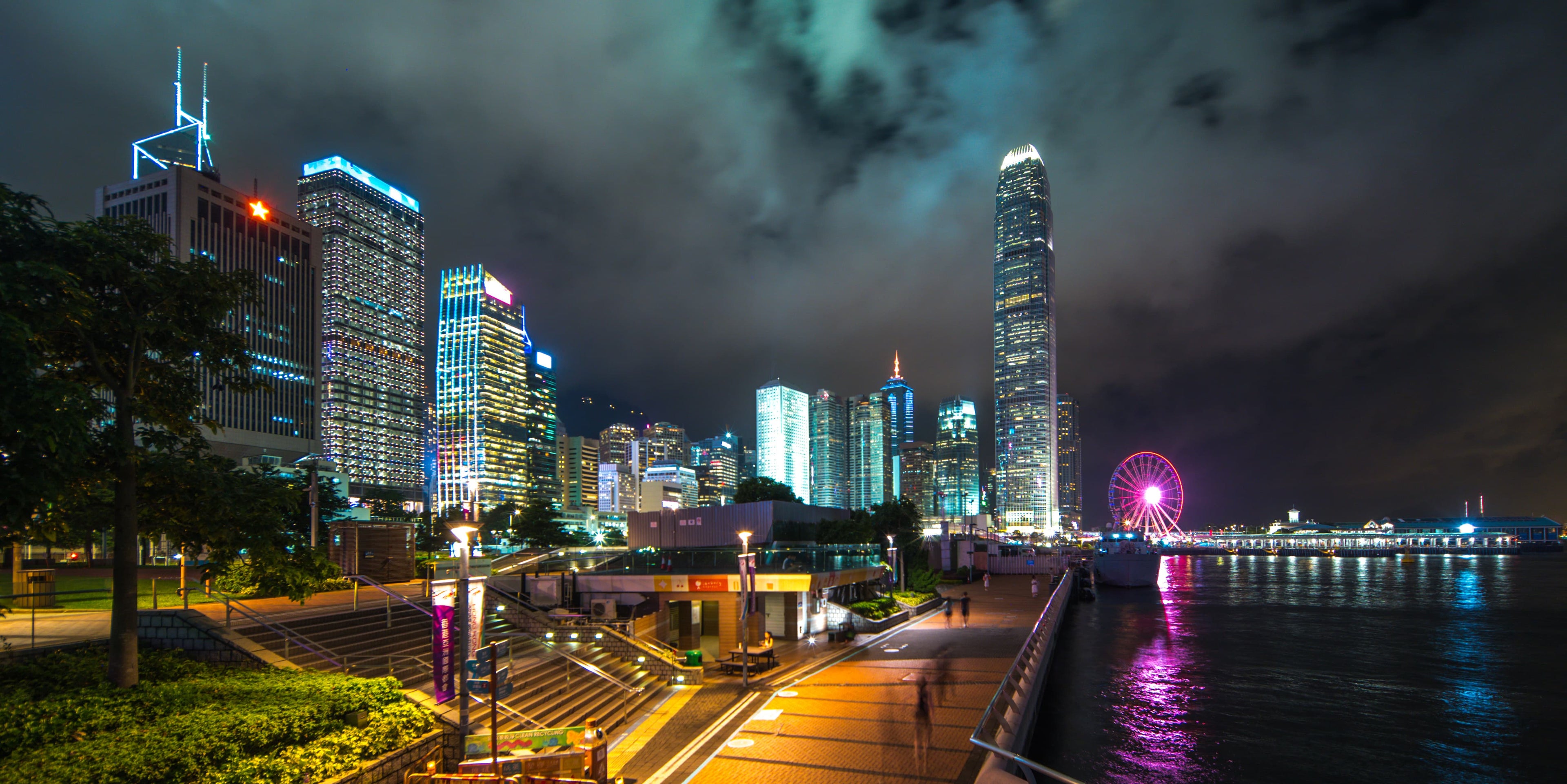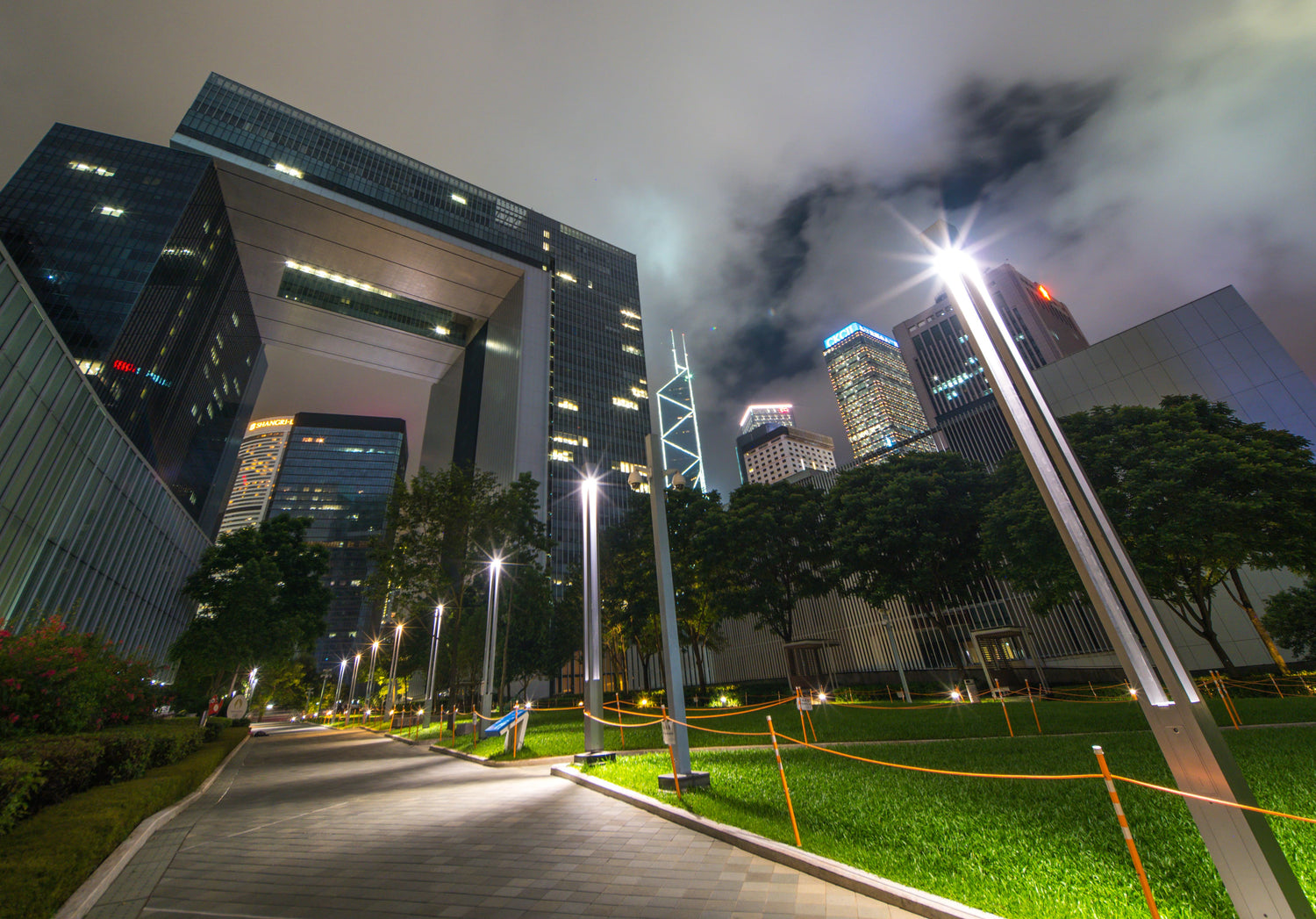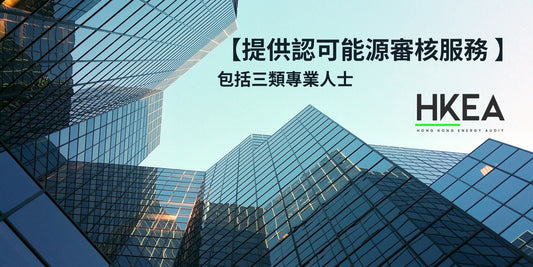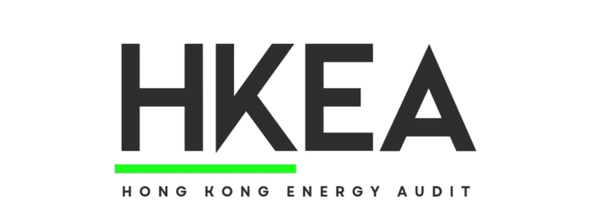
What is BEEO?
BEEO - Hong Kong Building Energy Efficiency Ordinance
Hong Kong's Building Energy Efficiency Ordinance ( BEEO ) was officially implemented in September 2012. Its main purpose is to improve the energy efficiency of buildings, reduce carbon emissions, and respond to the challenges of global climate change. With the accelerated urbanization process, Hong Kong's energy demand continues to rise, and buildings account for a considerable proportion of electricity consumption, which puts pressure on the environment. Therefore, the launch of BEEO is not only a response to the environment, but also an important step in promoting sustainable development.
BEEO’s core goals
BEEO's core objective is to adopt mandatory measures requiring specific types of buildings to comply with energy efficiency standards and undergo regular energy audits. These measures aim to reduce the building's energy consumption and increase efficiency, thereby reducing greenhouse gas emissions. According to statistics, about 90% of Hong Kong’s greenhouse gas emissions come from electricity consumption in buildings, so improving the energy efficiency of buildings is crucial to reducing carbon emissions.
BEEO regulations
Under BEEO, certain types of buildings must comply with the Building Energy Efficiency Code, which includes minimum energy efficiency design standards and energy audit requirements. Areas involved include air-conditioning systems, lighting equipment and electrical installations. A building's building services require regular inspections and audits to ensure they are operating efficiently and up to standard.
Audit object
According to BEEO, the following 2 types of buildings need to comply with relevant standards:
1. Commercial buildings
2. Parts of a comprehensive building that are not used for residential or industrial purposes
BEEO revision proposes to add the following building categories
3. Hotel or guesthouse
4. Common areas of residential buildings
5. Common areas of industrial buildings
6. Buildings for educational purposes
7. Buildings for community use
8. Buildings for municipal purposes
9. Medical and health care services buildings
10. Government-owned buildings
11. Airport passenger terminal
12. Railway station
13. Data center (may be included in the future)
energy audit
BEEO requires specified types of buildings to undergo regular energy audits, usually every 10 years. Based on social needs and expert suggestions, the review cycle may be shortened to once every five years in the future, so that the latest energy-saving technologies and management measures can be reflected in a more timely manner.
The main items reviewed include:
- Energy efficiency of air conditioning units
- Energy usage of lighting systems
- Operating efficiency of electrical installations
- Inspection of lifts and escalator installations
Government support and promotion
The Hong Kong Special Administrative Region government has set clear energy-saving goals in the "Hong Kong Climate Action Blueprint 2050" and strives to achieve carbon neutrality by 2050. According to the blueprint, electricity consumption in commercial buildings should be reduced by 30% to 40% compared with 2015, while electricity consumption in residential buildings should be reduced by 20% to 30%. The first phase aims to achieve half of the above goals by 2035.
In order to further promote the implementation of BEEO, the government will regularly review and amend relevant regulations to ensure that they adapt to changing environmental challenges.
The implementation of BEEO has had a profound impact on Hong Kong society. First, it raises public awareness of energy efficiency and makes more people pay attention to environmental protection. Many businesses and residents are beginning to seek the application of energy-saving technologies and renewable energy to reduce carbon emissions in their daily lives.
In addition, BEEO also brings new business opportunities to the construction industry. As the demand for energy audits and efficiency improvements increases, the market for related technologies and services expands rapidly, promoting economic development.
Therefore , Hong Kong’s Building Energy Efficiency Ordinance (BEEO) is an important legal framework to promote sustainable development. It promotes the energy efficiency of buildings and reduces greenhouse gas emissions through mandatory measures and regular audits, laying the foundation for Hong Kong's goal of achieving carbon neutrality. As society attaches great importance to sustainable development, BEEO will continue to play an important role in the future and promote Hong Kong towards a greener future.
Hong Kong Energy Audit (HKEA)
Hong Kong Energy Audit (HKEA) Hong Kong Energy Audit provides professional energy audit services. A team composed of professional engineers and registered energy assessors will identify energy management opportunities for buildings and provide energy saving and carbon reduction solutions. We provide project suggestions and provide one-stop energy-saving project construction, giving you the most comprehensive energy optimization support. Feel free to contact our customer service staff and consultants at any time to inquire about energy audit service quotations or energy efficiency optimization project suggestions.

HKEA Audit Team Qualifications:
1. More than 13 years of experience in the field of sustainable development, focusing on energy performance optimization.
2. Possess the qualification of Registered Energy Assessor (REA) and have rich background in building services engineering.
3. Expertise in implementing and optimizing energy efficiency measures in building systems.
4. Chartered Engineer with extensive technical and practical knowledge.
5. Member of the Hong Kong Green Building Council (HKGBC) committee, contributing to industry standards and practices.
6. Guest lecturer at the Chinese University of Hong Kong (CUHK) and the University of Hong Kong (HKU) to cultivate future industry leaders.
7. Actively participate in public speaking and present at industry seminars.
8. Published many papers and articles on sustainable development.
9. Proven track record of leading successful sustainability projects and achieving significant energy savings.
10. Passionate about driving innovation and continuous improvement in the field of sustainable development.
Blog
View all-

Three types of professionals provide accredited...
The "Buildings Energy Efficiency (Amendment) Bill 2025" passed its third reading in the Legislative Council in 2025. The revised Buildings Energy Efficiency Ordinance has several key features, including the inclusion...
Three types of professionals provide accredited...
The "Buildings Energy Efficiency (Amendment) Bill 2025" passed its third reading in the Legislative Council in 2025. The revised Buildings Energy Efficiency Ordinance has several key features, including the inclusion...
-

[Chartered Engineer One-on-One Course]
Most high-tech and management-level engineering positions in Hong Kong, or those requiring independent design, project leadership, and innovative solutions, typically require applicants to hold a Chartered Engineer (CE) qualification. HKEA...
[Chartered Engineer One-on-One Course]
Most high-tech and management-level engineering positions in Hong Kong, or those requiring independent design, project leadership, and innovative solutions, typically require applicants to hold a Chartered Engineer (CE) qualification. HKEA...
-

[Selected Buildings and Brands for Hong Kong Gr...
HKEA has a professional team of REA, BEAM Pro, WELL AP, and LEED AP green certification consultants, fully assisting buildings, branded retail stores, and office buildings in applying for various...
[Selected Buildings and Brands for Hong Kong Gr...
HKEA has a professional team of REA, BEAM Pro, WELL AP, and LEED AP green certification consultants, fully assisting buildings, branded retail stores, and office buildings in applying for various...



